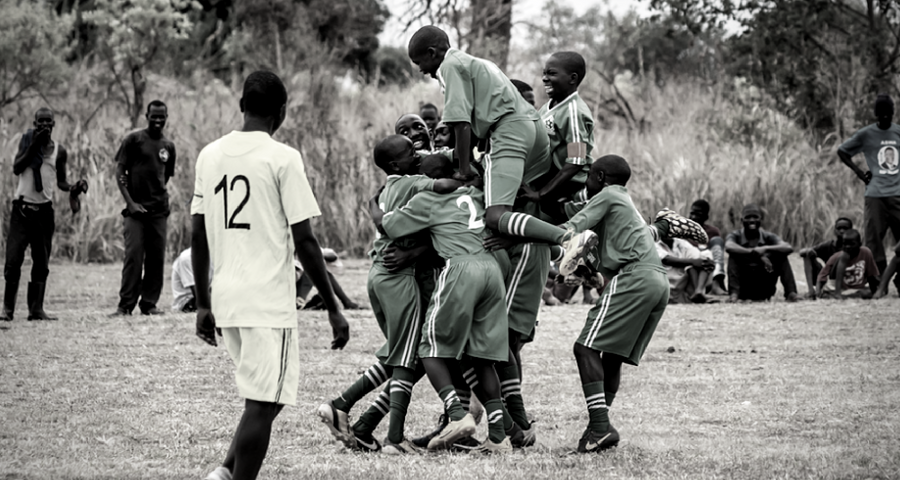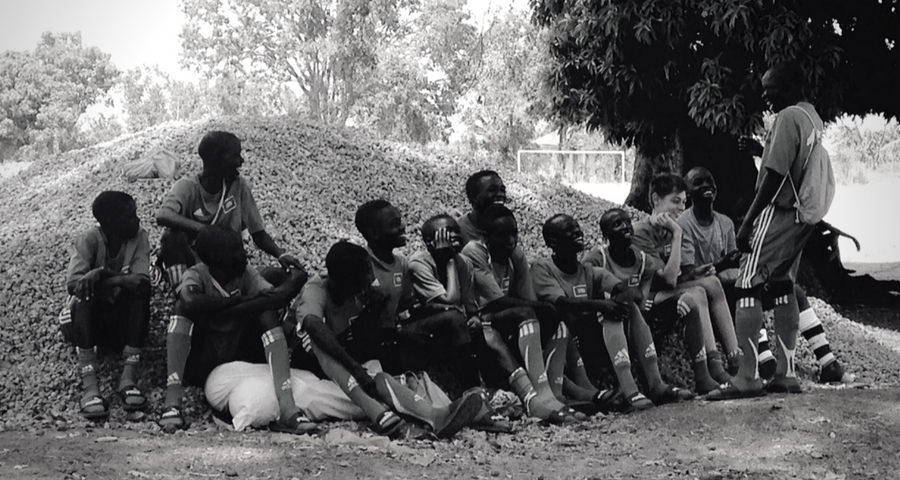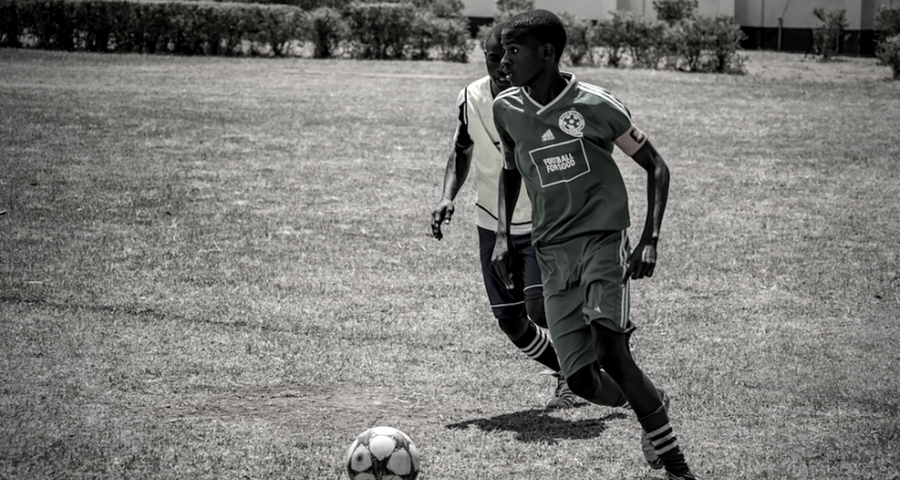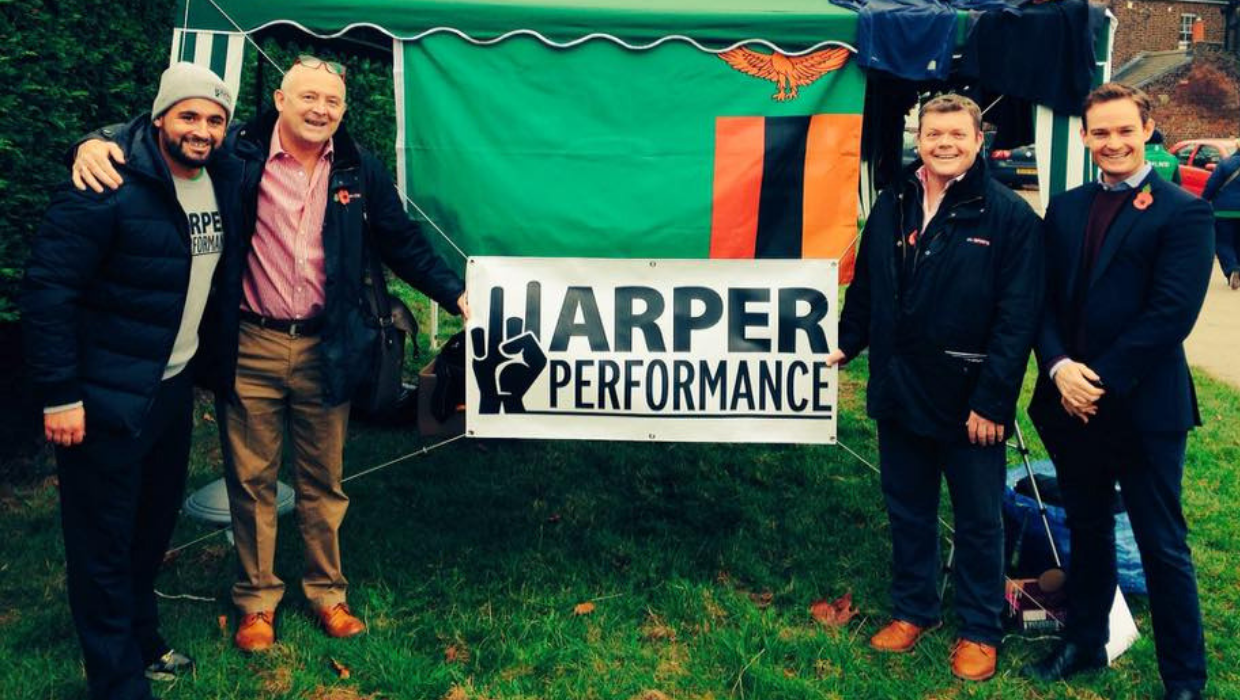

Harper Performance was founded in 2015 by the performance-support practitioner Tim Harper following over a decade working in elite sport in the UK and overseas. Tim had grown frustrated with the lack of performance-support available to vast swathes of talented athletes and the calm acceptance that athletes from large, rich countries enjoy benefits not available to those from poorer, smaller countries and regions. Tim rewrote his mission statement to make better use of his skills, of his experience and of his professional training and set about working with people and organisations that harboured all the talent and all the grit, but none of the performance support that they need to realise their true athletic and sporting potential.
This became the mission statement of Harper Performance and with the help of like-minded practitioners and a genuinely world-class Advisory Board, a small group of sports scientists, strength & conditioning coaches, and sports medicine practitioners started pursuing opportunities to work with athletes and teams from all sports and disciplines with genuine aspirations to reach the top but who are hamstrung by logistical, financial and sociocultural barriers to performance.
Harper Performance was born, and with social enterprise certification awarded in August 2016 by SEUK, as a Community Interest Company in early-2018 and with an ever-growing collection of clients and projects all over the world, things have snowballed from there!
Current Work
Project Uganda is the first of three projects in sub-Saharan Africa activated under The KANJU Projects umbrella - a group of projects focussed on small-scale, high-impact organisations that are already supporting aspirational sportsmen and women from some of the most deprived regions in the world. Harper Performance are working in collaboration with the Football-For-Good Academy in Gulu, Northern Uganda to build capacity and combat one of the most pronounced instances of inequality in sport.
The Football for Good (FFG) Academy, founded in 2013, unlocks the competitive advantages of frontier regions in East Africa to identify and develop local footballing talent, deliver world-leading training, education and character-building, and provide opportunities to the youth it serves to realise their full potential, both domestically, and if the time and circumstances are right, to pursue real opportunities overseas responsibly.
One of the the key challenges for organisations like the FFG Academy in Uganda, is accessing relevant, sustainable and appropriate levels of performance-science support - services like sports medicine, sports nutrition, sports science and athletic development support; all of which are freely available to the FFG's European counterparts and peers but are all too often out of reach to those in East Africa. Project Uganda is about helping bridge that gap; utilising the HP Projects team of some of the leading practitioners in global elite sport to build capacity at the FFG Academy and across the region so that talented athletes can be better supported at home in East Africa.
Our mission at Harper Performance is not to transplant the high performance sports systems of Western Europe, Australia or the USA to Gulu. Instead, we are looking to utilise the expertise of the small and agile HP Projects team and the local know-how and experience of the local staff on the ground to foster free-form development in these disadvantaged, deprived and marginalised athletic communities.
Ownership of the performance-support systems of the FFG Academy remain in the locality, with our team there to plug skills-gaps in the short term, provide expertise in the same way we would with a client back home and help facilitate the development of a ‘Ugandan’ solution to performance-support for elite aspiring footballers. After all, the best solutions to problems, in elite sport or otherwise, are local, developed by the people closest to the problem and not solely by our team and not through the inhibiting lens of Western 'solutions'.
Our mission is to build capacity, not reliance, to complement, not take over and at the very core of that is to deliver sustainable interventions, that can flourish and self-sustain themselves long after we’ve gone home.
Receive weekly news and get ConnectSport updates direct to your inbox








